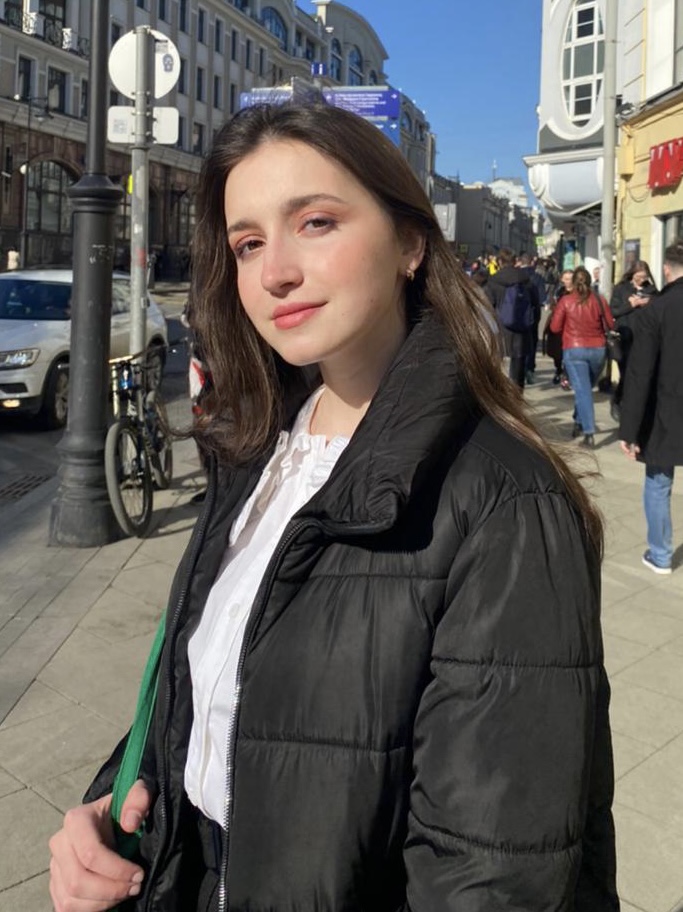| |
|
Varshaver E.A., Rocheva A.L., Ivanova N.S. Иванова. Пути повышения эффективности существующих моделей и практик интеграции мигрантов. / Препринт. М. 2015. [in Russian]
[ Read (2.02 Mb)
]
|
|
Timeframe: July 13–27, 2016 |
|
По итогам научной-исследовательской работы был представлен научный доклад, подготовленный сотрудниками Центра региональных исследований и урбанистики Евгением Александровичем Варшавером и Анной Леонидовной Рочевой «Интеграция мигрантов второго поколения в возрасте от 18 до 30 лет: результаты пилотного исследования». В докладе были представлены результаты пилотного исследования интеграционных характеристик мигрантов второго поколения в России, в частности, продемонстрированы соотношения уровня образования, позиций на рынке труда и уровня заработных плат мигрантов второго поколения и сопоставимых россиян, в целом; описаны установки и практики, связанные с формированием дружеских и романтических отношений; указаны типичные пэттерны идентичности представителей этой группы. Кроме этого, в докладе была эксплицирована методология исследования, а также указаны дальнейшие шаги для проверки гипотез, сформулированных в ходе пилотного исследования. В мероприятии приняли участие дискуссанты Карина Джаниеровна Пипия, социолог Левада-Центра, Арсен Гарегинович Алексанян, директор музея культуры наций и специальный гость Лариса Александровна Паутова, управляющий директор Фонда «Общественное мнение». Модератором встречи выступила Ирина Викторовна Стародубровская, руководитель Научного направления "Политическая экономия и региональное развитие" ИЭП им. Е.Т.Гайдара.
|
|
Call for participation: Panel Session Youth with Migrant Background in ‘Old’ and ‘Emerging’ Destinations at IMISCOE 2019 (June 26-28, 2019 in Malmö) Dear colleagues, We invite you to participate in the research panel on the youth with migrant background in various settings, which we are planning to organize at the Annual IMISCOE conference which will be held in Malmö, Sweden in June 26-28, 2019. The two main sets of factors shaping trajectories of the youth with migrant background in the destination countries can be designated as ‘context of reception’ and ‘characteristics of migrant families’. Presumably, established ‘immigration countries’ will have a different story of integration of youth with migrant background in comparison with the ‘emerging migration magnets.’ At the same time, the larger share of theoretical literature on the youth with migrant background has been created on the basis of research in the ‘classical’ immigrant receiving states, first of all – USA. To what extent does it remain relevant for other contexts, such as ‘emerging migration magnets’? To address this question, at this research panel we aim at bringing together scholars working on a wide array of topics related to the integration paths of the youth with migrant background (2nd generation, generation 1.5, etc) in a variety of settings – ‘classical’ as well as ‘emerging’ immigrant receiving states, rural and urban contexts. We also encourage scholars to look at the various temporal dimensions – nowadays as well as 100 years ago. Possible topics include but are not limited to the educational and labour market aspirations and trajectories of the youth with migrant background, their social ties and transnational practices, marriage and romantic relations, citizenship and belonging, parenting cultures and gender relations, values and norms, identification and religion. The requirement of the IMISCOE conference organizers implies inclusion of the paper proposals together with the panel proposal. Thus, if you would like to participate in the panel, please, send us the abstract of about 250 words with the name and affiliation no later than November 23rd. This timeframe will allow for your individual submission, in case we are not able to include your paper in the session. The email for abstract submission and any related questions is center.migration.ethnicity@gmail.com. Best regards, Evgeni Varshaver and Anna Rocheva Group for Migration and Ethnicity Research RANEPA |
|
Group for Migration and Ethnicity Research
Address: Prospect Vernadskogo, 84, bldg 3, office 2004, Moscow, Russian Federation 119571 Entrance via checkpoint №5 of the RANEPA (Russian Presidential Academy of National Economy and Public Administration) at Pokryshkina street. |


